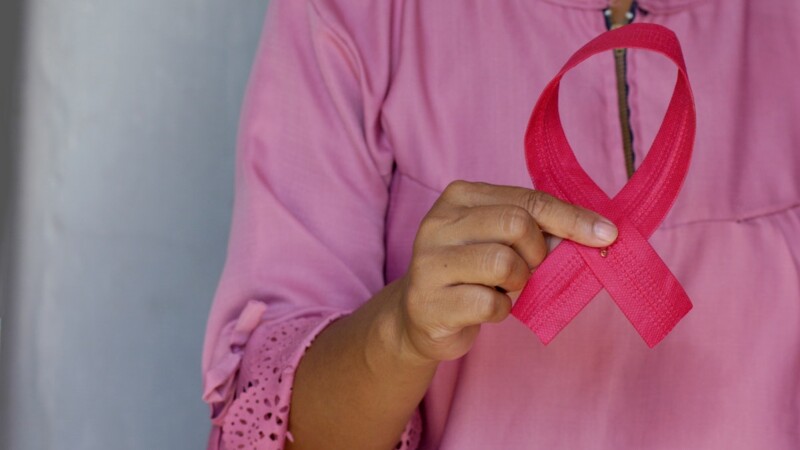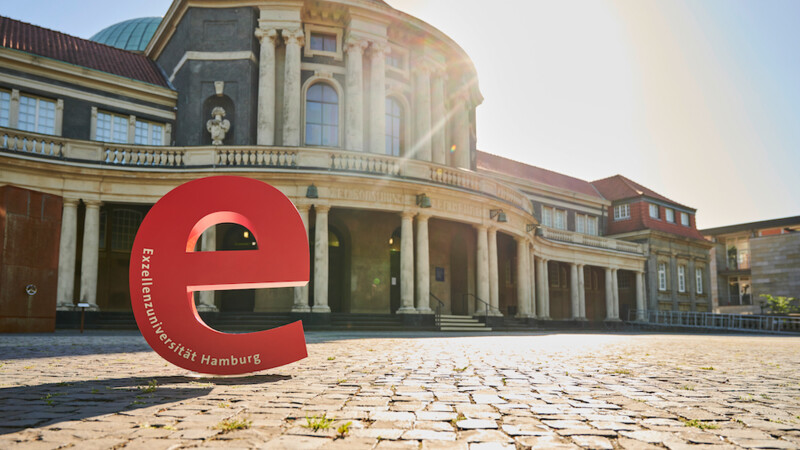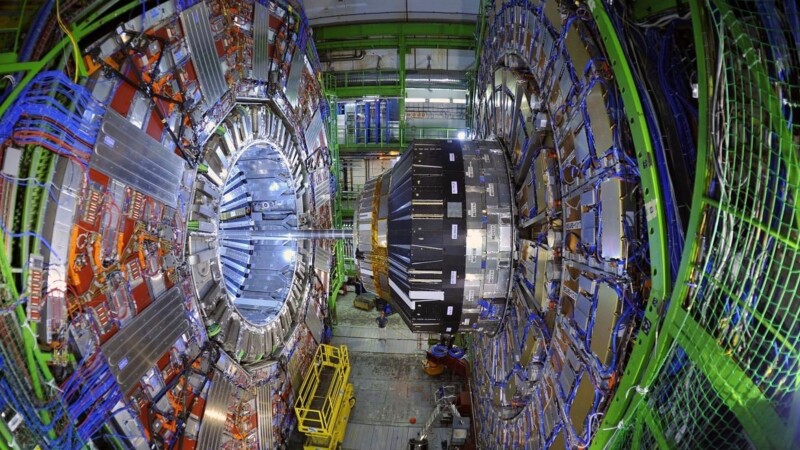DNA analysis finds application in a wide range of research fields. But current methods are seen as costly and time-consuming. A University of Hamburg team from the Physics Department is working on a procedure that will allow cost-effective and rapid DNA detection in real time. The aim is to facilitate more rapid and less invasive monitoring of diseases such as cancer. The scientific team has now received a Proof of Concept Grant from the European Research Council to the amount of 150,000 euros.
DNA detection in real time could improve early cancer diagnosis
The procedure in so-called “liquid biopsy” developed by Dr Irene Fernandez-Cuesta and her team is called “Laser-Assisted DNA Optical Mapping” (LADOM) and is able to detect DNA molecules from a Real Time Test. “In this way, it will be possible in the future to monitor the efficacy of a treatment almost in real time, to detect metastases at an early stage and in the more distant future even to allow early detection of primary tumours in routine blood analysis,” Fernandez-Cuesta says.
University of Hamburg and DESY conducting joint research
With liquid biopsy for the purposes of monitoring cancer, tissue does not have to be taken from the organ being investigated. The material is rather taken from the blood, which contains tumour material such as cells, DNA and RNA in circulation. It has not been possible to utilise this technique in a routine way to date, as among other things the limited material for analysis and the complex DNA sequencing method posed a problem. This is where the new procedure developed by the Hamburg research team comes in: Among other things, it needs less liquid, is quicker and is also easier to read off than sequencing. As microscopes, pumps, electrical power and cameras are not required, it may be possible in the future to make use of this technology outside the research laboratory and even to make the equipment portable. The team is currently investigating this option along with a working group from the German Electron Synchrotron (Deutschen Elektronen-Synchrotron - DESY).
mb/sb/rm
Sources and further information
European Research Council
Scientists wishing to assess the economic and social potential of their research may apply for a Proof of Concept Grant from the European Research Council (ERC). The initial steps towards implementation of research results into the pre-competitive development of ideas that are of commercial and social value are subsidised for 18 months and with a lump sum of 150,000 euros by means of the Proof of Concept Grant.
More
Similar articles

IFB Hamburg funding website for breast cancer patients

University of Hamburg gets EUR 1.25 million for climate research

